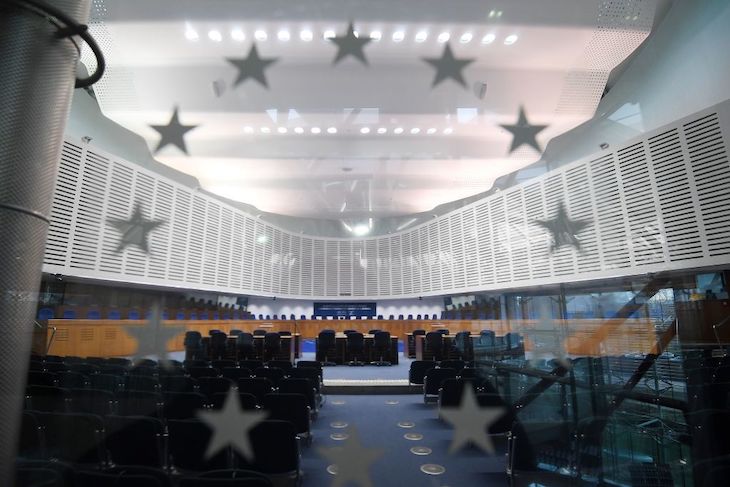Will the UK government pledge to leave the European Convention on Human Rights? It’s a cause that Tory MPs on the right of the party have been championing for years, and their cries have grown louder as the Rwanda scheme has struggled to get off the ground. So far the Prime Minister has refused to rule out leaving the ECHR – but those close to him say he needs to be convinced that it is necessary for controlling the UK’s borders and cracking down on small boats. That means exhausting all other avenues first.
However, in a sign of which way the wind is blowing, the Times reports that Suella Braverman has been authorised by Downing Street to float the prospect of leaving the ECHR. This is intended as a ‘warning shot’ to the Strasbourg court not to block flights deporting migrants to Rwanda. First though, the UK government needs to win its challenge against the Court of Appeal, which ruled that the scheme is unlawful.
Should Sunak make such a decision, the argument is unlikely to just be about stopping the boats
That three-day hearing is due to start on 9 October in the Supreme Court. As I’ve previously reported, if Sunak fails to get a flight off the ground to Rwanda ahead of the election, he could find himself with no other option but to pledge to leave the ECHR. There is debate in Tory circles over whether there should be a straight manifesto promise to leave (something that would divide the party), a referendum (which could turn off voters still reeling from the last one) or some form of consultation on the idea.
But should Sunak make such a decision, the argument is unlikely to just be about stopping the boats. Writing The Spectator’s cover story this week, Jonathan Sumption argues that it is time to leave the Convention. However, the former Supreme Court Judge says: ‘It is far more important than Suella Braverman’s battles with boat people and “lefty lawyers”. Yet so far, the debate has rarely risen above the level of empty slogans, meaningless mantras and misleading claims.’ He argues that the United Kingdom’s adherence to the Convention raises a major constitutional issue which ought to concern people all across the political spectrum. Read the full piece here.







Comments